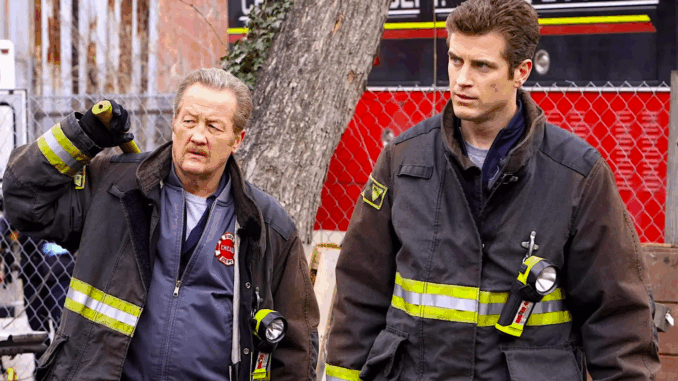
The soul of Chicago Fire has always rested in its ability to show camaraderie between firefighters across generations. But Season 14 has introduced a new narrative current—one that pits the younger, tech-savvy recruits against the older, traditional firefighters in ways we haven’t seen before.
This isn’t just about technology or tactics. It’s about worldview. New medics like Briana Chen bring trauma-informed language and social media fluency to the job. While she’s not naive about danger, her priorities are different. In one controversial episode, she livestreamed a rescue to raise awareness about community fire prevention. Cruz was livid. Herrmann thought it was disrespectful. The result? A full-scale debate among fans and characters alike.
For the veterans, firefighting is muscle memory, loyalty, and grit. For the new recruits, it’s also about visibility, advocacy, and transparency. These aren’t mutually exclusive values, but in a high-stress environment like Firehouse 51, even small differences can ignite major conflict.
The show has handled this clash with surprising depth. Herrmann, whose role has expanded dramatically this season, finds himself mentoring a generation he barely understands. And yet, one of the most touching scenes came when he comforted a rookie who broke down after their first child fatality. “We don’t bury this stuff. Not anymore,” Herrmann said—an evolution from the stiff-upper-lip persona he once embodied.
This culture shift reflects broader conversations happening in emergency services worldwide. How do we modernize traditions without losing their strength? How do we support mental health while staying mission-focused?
The answer isn’t simple, but Chicago Fire is asking the right questions—and using its characters to explore them in deeply human ways.
